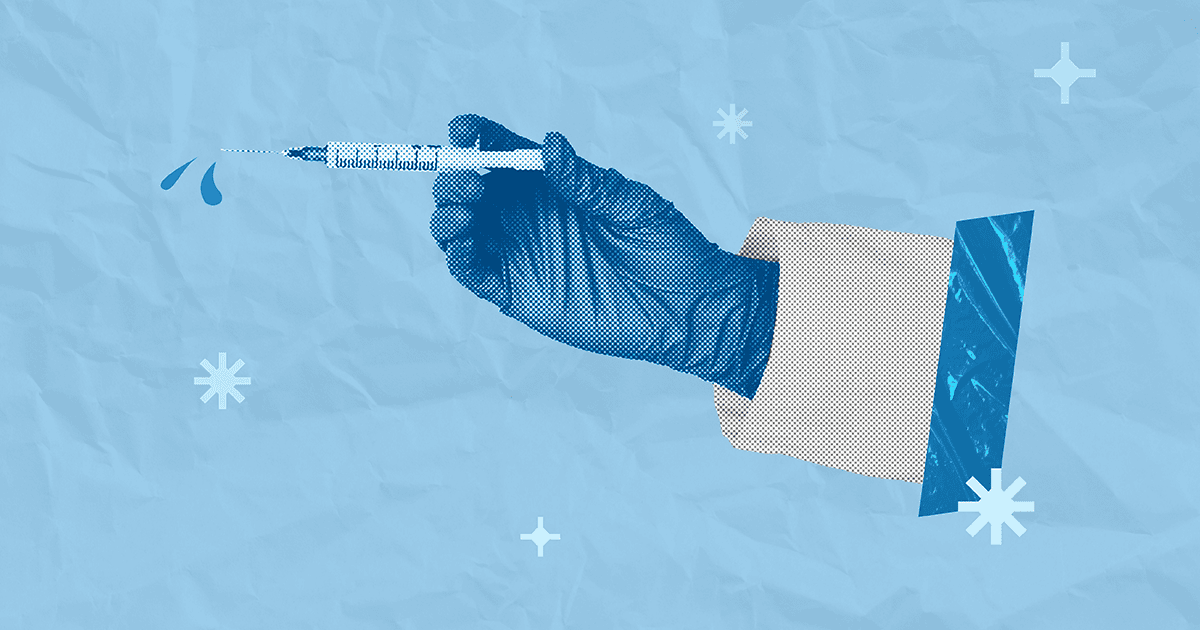Late July 15, 2022, the Centers for Medicare and Medicaid Services (CMS) issued the proposed rule on the 2023 Hospital Outpatient Prospective Payment System (OPPS).
Under this proposal, CMS proposes a 2.7 percent increase in the OPPS payment rate for 2023.
The OPPS provides technical component (TC) reimbursement (non-physician costs such as supplies, equipment, and personnel) for services provided in the outpatient setting. Under the OPPS, services are assigned to an Ambulatory Payment Classification (APC) group, and all services in the group are reimbursed at the same rate. Services included in an APC are supposed to be clinically similar and similar in resource use.
For calendar year 2023 rate setting, CMS proposes to use CY 2021 claims data. Additionally, CMS proposes to use cost report data from the June 2020 Healthcare Cost Report Information System (HCRIS), which only includes cost report data through CY 2019, predating the Public Health Emergency (PHE). This is the same cost report extract used to set OPPS rates for CY 2022. CMS believes using the CY 2021 claims data, with cost reports data through CY 2019 for CY 2023 OPPS rate setting, is the best approximation of expected costs for CY 2023 hospital outpatient services.
The Academy will continue to analyze this proposed rule for policy changes that may have an impact on audiology.
Resources
2023 Proposed Hospital Outpatient Prospective Payment System Rule Text: 2022-15372.pdf (federalregister.gov)
Fact Sheet on the CY 2023 OPPS/ASC Payment System Proposed Rule
Recent Posts
Vaccination of Older Adults in the United States
In the United States, this time of year tends to coincide with cold and flu season. As such, it seems timely for us to review…
The Perfect Blend of Professional and Personal
AAA 2026 is coming to San Antonio—right in the middle of Fiesta, one of the city’s most vibrant celebrations. This year, it’s easier than ever…
CMS Sets Medically Unlikely Edit for Key Audiology Codes
The Centers for Medicare and Medicaid Services (CMS) has established a Medically Unlikely Edit (MUE) of two units per date of service for Current Procedural Terminology (CPT®) codes 92629, 92632,…


